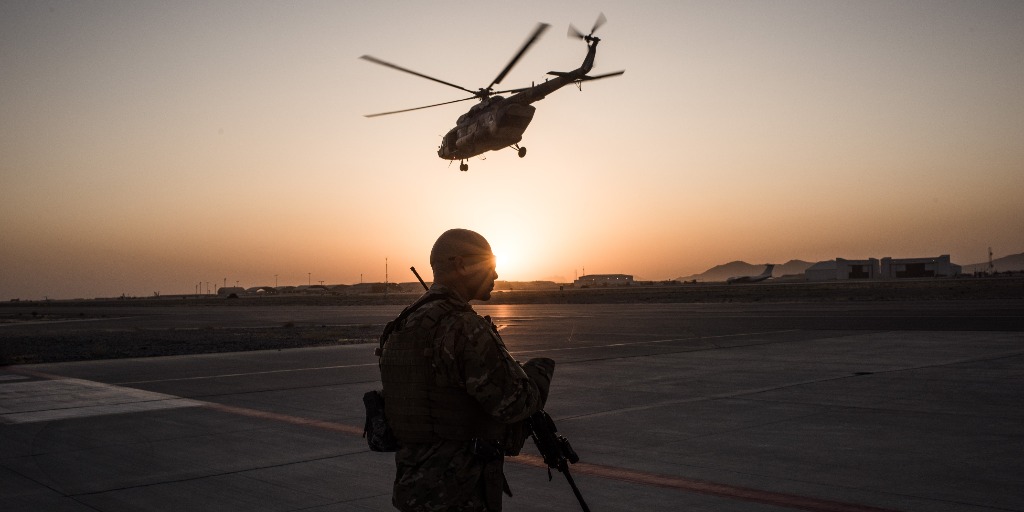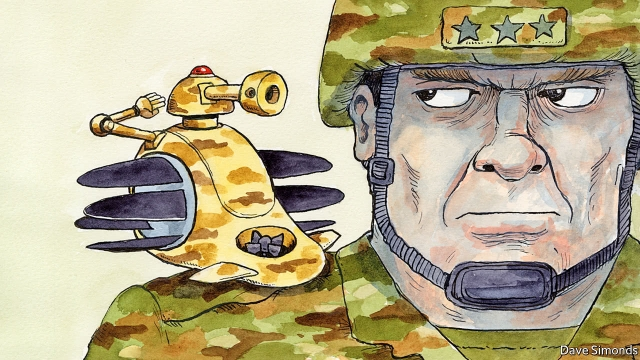The eagerly awaited 2018 Nuclear Posture Review is out!

FAS 2018 Nuclear Posture Review Resource
https://fas.org/issues/nuclear-weapons/nuclear-posture-review/
The Nuclear Posture Review (NPR) is the Pentagon’s primary statement of nuclear policy, produced by the last three presidents in their first years in office.
The Trump NPR perceives a rapidly deteriorating threat environment in which potential nuclear-armed adversaries are increasing their reliance on nuclear weapons and follows suit. The review reverses decades of bipartisan policy and orders what would be the first new nuclear weapons since the end of the Cold War. Furthermore, the document expands the use of circumstances in which the United States would consider employing nuclear weapons to include “non-nuclear strategic attacks.”
Nuclear modernization map from the 2018 Nuclear Posture Review with corrections by FAS expert Hans Kristensen.
You can also view the leaked draft document here.
Table of Contents
Major Components of the NPR
The 2018 NPR says US nuclear forces “contribute uniquely to the deterrence of both nuclear and non-nuclear aggression” (208). Conventional forces, it states, “do not provide comparable deterrence effects,” and “do not adequately assure many allies,” (851), many of whom rely on US conventional deployments for their security. In addition, the document states they contribute to assuring allies, achieving US objectives if deterrence fails, and hedging “against an uncertain future” (981). The review also raises the possibility of a nuclear strike against any group that “supports or enables terrorist efforts to obtain or employ nuclear devices,” extending previous language (2051).
The review also creates a new category of cases in which the United States would consider use of nuclear weapons—“significant non-nuclear strategic attacks,” to include attacks on “civilian population or infrastructure” (917, 1026). This new category helps serve as justification for “supplements to the planned nuclear force replacement program” (1751).
George Perkovich (CEIP), “Really? We’re Gonna Nuke Russia for a Cyberattack?,” Politico, 1/2018
Amy F. Woolf, “Strategic Nuclear Forces: Background, Developments, and Issues,” Congressional Research Service, 8/2017
Anna Péczeli, “Best Options for the Nuclear Posture Review,” Strategic Studies Quarterly, Fall 2017
Robert Einhorn and Steven Pifer, “Meeting U.S. Deterrence Requirements: Toward a Sustainable National Consensus,” Brookings Institution working group report, 9/2017
Keith B. Payne and John S. Foster, Jr, “A New Nuclear Review for a New Age,” National Institute for Public Policy, 4/2017

/arc-anglerfish-arc2-prod-mco.s3.amazonaws.com/public/PRXRNH4L4REJFMYGKGLV4LCO4M.jpg)















